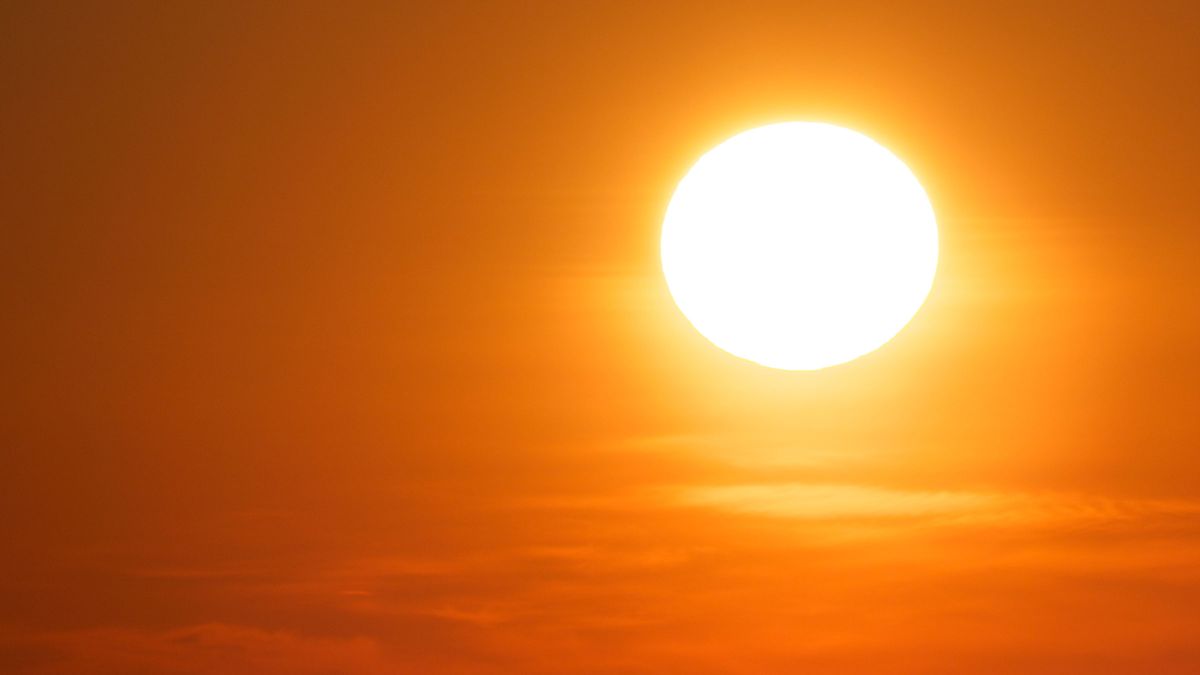[ad_1]
Summers are getting hotter, especially in Europe, and this means that more and more of us suffer from “heat stress”.
If you remember that you were quite hot last summer, it is not a bad memory or an imagination, but it is already fully supported by scientists and researchers: last summer was the hottest in all history in Europe.
Researchers warn that Europe endured its hottest summer on record in 2022, and its second warmest full year on record.
In fact, they argue that temperatures across the continent are increasing at twice the global average, while the land mass has warmed by 2.2°C since pre-industrial times.
On the other hand, the worst is yet to come, because scientists point out that the probability of having a hotter year increases every 12 months due to the increase in greenhouse gases.
To reach this conclusion, researchers have relied on satellite data, in situ measurements and numerical models of weather predictions, they point out from the Daily Mail.
However, last summer there were many fires, and although many were caused, others also arose due to high temperatures.
In the report they comment that the forest fires in summer also generated the highest carbon emissions in 15 years.
What is “heat stress”?
In the report they talk about stress heat. It could be said that heat stress is increasingly considered a global health problem and it is when temperatures are high enough to affect the health of people.
The Copernicus Climate Change Service (C3S) has defined “very strong heat stress” when temperatures between 38 and 46 °C occur, but they also speak of “extreme heat stress” where temperatures of 46 °C are exceeded.
Be that as it may, in the report they comment that days with very strong heat stress increased throughout Europe while extreme heat stress is worsening in southern Europe.
As we said, 2022 was the summer hottest in history in Europe with 1.4 °C above the reference period from 1991 to 2020.
Unfortunately, the researchers warn that they expect all this to get worse in the coming years.
[ad_2]
